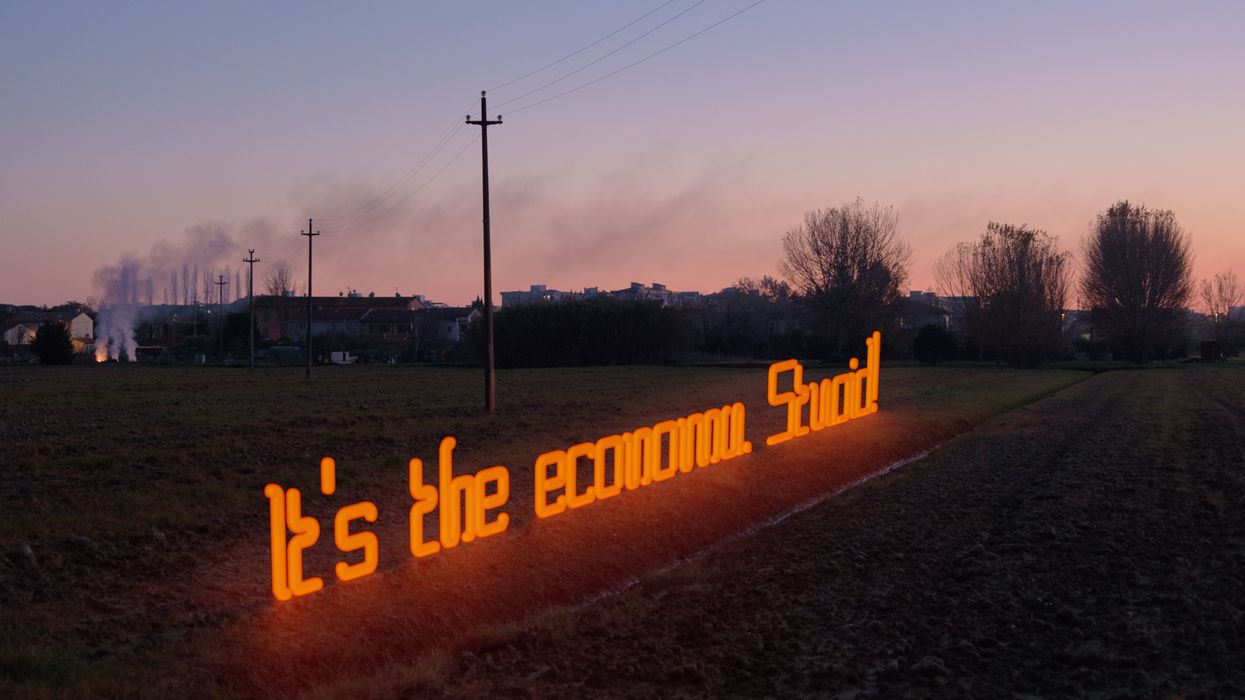Nevins is co-publisher of The Fulcrum and co-founder and board chairman of the Bridge Alliance Education Fund.
This is the third in a series reviewing the 2024 US Celebrity & Politician Warmth & Competence Study. Created by The Fulcrum and the data analytics firm Fidelum Partners, the nationally representative study assesses the voting intentions of U.S adults and their perceptions toward 18 well-known celebrities and politicians.
A recent study of Americans’ views of politicians and celebrities concluded that the presidential election will be decided primarily by voters’ warmth, competence and admiration perceptions of the candidates, not just their specific policies or stances on social issues.
Eighty-three percent of respondents’ willingness to vote for Vice President Kamala Harris is driven by perceived warmth, competence and admiration for her. A nearly equal 82 percent of willingness to vote for former President Donald Trump is driven by those sentiments.
While warmth and admiration play a dominant role in determining how citizens will vote, views on the issues certainly cannot be ignored and play into voters' feelings toward the candidates.
The 2024 US Celebrity & Politician Warmth & Competence Study found that, since 2020, attitudes have shifted on some of the key issues that will determine the outcome of the election, including views on the economy. James Carville, Bill Clinton’s chief strategist, told campaign workers in 1992 that “It’s the economy, stupid,” making clear where to focus in the race against George H. W. Bush. That belief remains prevalent today over 30 years later, as most political strategists believe economic issues are a key determinant of who will win the election.
Several questions in the report relate directly to perceptions about the economy and clearly show shifts in perceptions between 2020 and today. When asked if “the economic system in this country is generally fair to most Americans,” 24 percent felt that was the case in 2020, but just 18 percent feel so today. This increase in the belief that the system is not fair to most Americans, on the surface, is not good for either of the two candidates. However, since this statement is more highly correlated to voting support for Harris, the net benefit would go to her on this question.
The survey also asked whether business corporations make too much profit. Since 2020 the number of respondents believing this is the case jumped from 40 percent to 48 percent. Given the very high percentage of those surveyed agreeing to the premise, this should play favorably for Harris. The vice president has been taking advantage of the belief about corporations making too much money, proposing an increase in the corporate income tax rate from 21 percent to 28 percent.
Roughly one-third of respondents agreed with two other economic statements — that hard work and determination do not guarantee success for most people and that people lead hard lives because government benefits don’t go far enough. Harris has emphasized both of these concerns in her economic policies through her proposal to strengthen Social security “for the long haul by making millionaires and billionaires pay their fair share in taxes” and by her proposal to raise the amount individuals pay in payroll taxes to an income level higher than the current benchmark of $168,600.
While Harris’ economic proposals are more overtly targeted to appeal to the economic concerns of the middle class, Trump approaches the issue through a different lens. He focuses on the impact the “border crisis” has on everyday Americans and the threat China’s allegedly unfair trade practices pose to worker security. In 2018, when Trump was president, he told the nation:
“Illegal immigration affects the lives of all Americans. Illegal immigration hurts American workers; burdens American taxpayers; and undermines public safety; and places enormous strain on local schools, hospitals, and communities in general, taking precious resources away from the poorest Americans who need them most. Illegal immigration costs our country billions and billions of dollars each year.”
And two years later, while still president, Trump said this about China:
“China’s pattern of misconduct is well known. For decades, they have ripped off the United States like no one has ever done before. Hundreds of billions of dollars a year were lost dealing with China, especially over the years during the prior administration. China raided our factories, offshored our jobs, gutted our industries, stole our intellectual property, and violated their commitments under the World Trade Organization.”

As we approach the election, both sides will counter the efficacy of the solutions presented by the other side. But one thing is clear: The strategists for both Harris and Trump believe “It’s the economy stupid.”
Learn more about how voters’ warmth, competence and admiration perceptions of the candidates play into their perceptions on these economic issues and other critical issues facing our nation by reading the full report.



















 From left to right: Gabriel Cardona-Fox, Bud Branch, Joe Concienne
From left to right: Gabriel Cardona-Fox, Bud Branch, Joe Concienne 
Trump & Hegseth gave Mark Kelly a huge 2028 gift